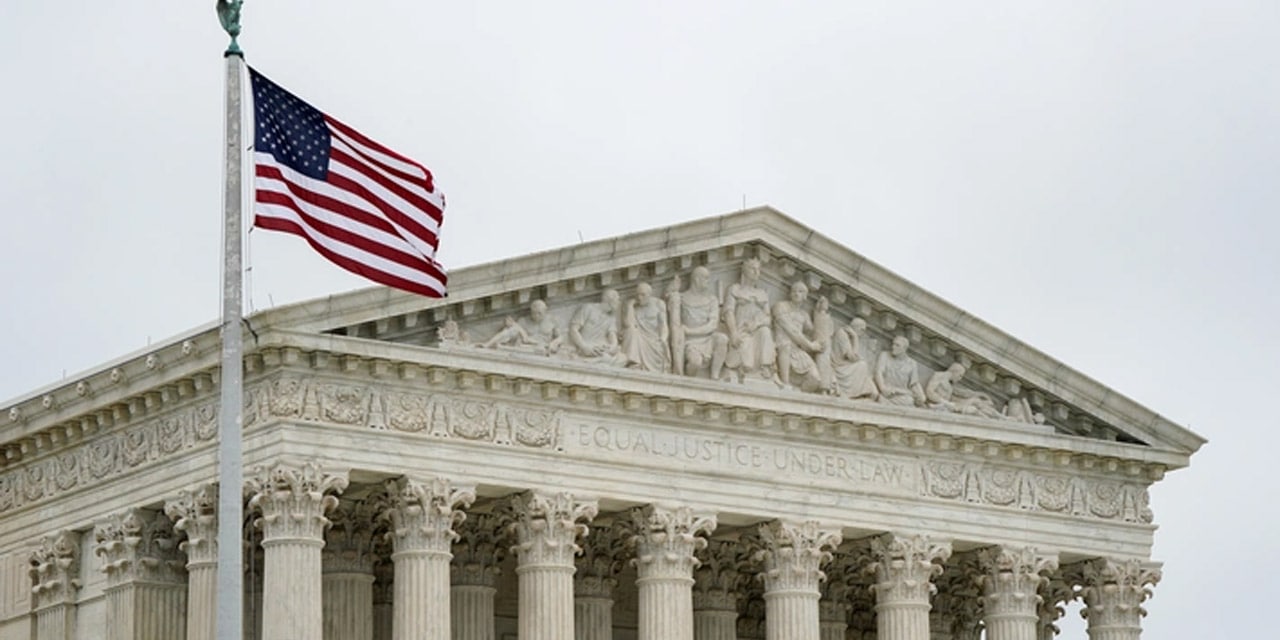Lauren Berg
The U.S. Supreme Court on Monday declined to hear a petition to revive a lawsuit seeking damages from Germany for atrocities and property seizures committed by its colonial authorities against Indigenous groups from southwestern Africa more than a century ago.
The high court’s denial comes after the Second Circuit in September tossed the suit after finding that a proposed class seeking to represent members and descendants of the Ovaherero and Nama Indigenous peoples could not overcome Germany’s sovereign immunity because they hadn’t proved that money used by the country to purchase property in New York could be traced back to wealth it accumulated by seizing property from the Indigenous groups.
The lawsuit sought to force Germany to pay reparations for the enslavement and genocide of the Ovaherero and Nama peoples at the hands of Germany’s colonial authorities from 1885 until 1909 in what is now known as Namibia, as well as for the alleged seizure without compensation of “countless” cattle.
But in affirming a New York court’s decision dismissing the suit, the Second Circuit concluded that the proposed class hadn’t made a strong enough case that the money obtained by the German colonial authorities more than a century ago went into the country’s coffers.
“The terrible wrongs elucidated in plaintiffs’ complaint must be addressed through a vehicle other than the U.S. court system,” the panel concluded.
The plaintiffs include Paramount Chief of the Ovaherero People Vekuii Rukoro, Chief and Chairman of the Nama Traditional Authorities Association Johannes Isaack, and Barnabas Veraa Katuuo, an officer of the nonprofit Association of the Ovaherero Genocide in the USA Inc. They argued that the litigation fell under an exception to sovereign immunity law allowing claims in instances in which stolen funds are used to purchase U.S. property.
They pointed to certain skeletons and skulls shipped from Germany to the American Museum of Natural History in New York City, and alleged that wealth gained from that period by selling stolen land, livestock and personal property was deposited directly into the German treasury, which was then used to buy real estate in the city.
The property in question is used to house Germany’s mission to the United Nations, including its diplomats, as well as various institutions and programs engaged in propagating German culture, according to the appellate opinion. The plaintiffs argued that the properties could be connected to commercial activity undertaken by Germany because the country entered into contracts for repairs and maintenance, but the Second Circuit rejected this argument.
Between 1884 and 1903, Germany occupied Ovaherero and Nama land, seizing livestock, personal property and natural resources, according to the opinion. In 1904, Germany tried to exterminate the Ovaherero and Nama peoples, lynching thousands of them and moving those who survived into concentration camps.
Thereafter, the atrocities continued: Ovaherero and Nama people were rented out as laborers and worked until they died. Women and children were raped, medical experiments were performed on some, and others were killed so their remains could be studied by researchers who sought to prove the white race was superior, according to the opinion.
In 1985, the United Nations deemed the events that took place in Namibia a genocide.
The suit sought damages under the Alien Tort Statute, under which courts may hear lawsuits filed by non-U.S. citizens for violations of international law, as well as a declaration forcing Germany and Namibia to allow the Ovaherero and Nama to participate in ongoing negotiation over the atrocities.
“We are, of course, disappointed that the Supreme Court declined to hear our petition, since we think that the issues raised were significant,” the plaintiffs’ attorney Ken McCallion told Law360 in a statement Monday.
“However, the plaintiffs’ campaign to seek justice and compensation for the victims of the 1904-1908 genocide and their communities continues in the United Nations, Germany, Namibia, Botswana, South Africa, the U.S., Canada, UK and other countries where Ovaherero and Nama communities and organizations can be found,” he added.
Counsel for Germany did not immmediately respond to Law360’s request for comment.
Rukoro and the other members of the proposed class are represented by Kenneth F. McCallion of McCallion & Associates LLP.
Germany is represented by Walter Elmer Diercks of Rubin Winston Diercks Harris & Cooke LLP.
The case is Vekuii Rukoro et al. v. Federal Republic of Germany, case number 20-1454, in the U.S. Supreme Court.
— Additional reporting by Caroline Simson. Editing by Michael Watanabe.
Update: This story has been updated with a comment from the plaintiffs’ attorney.




